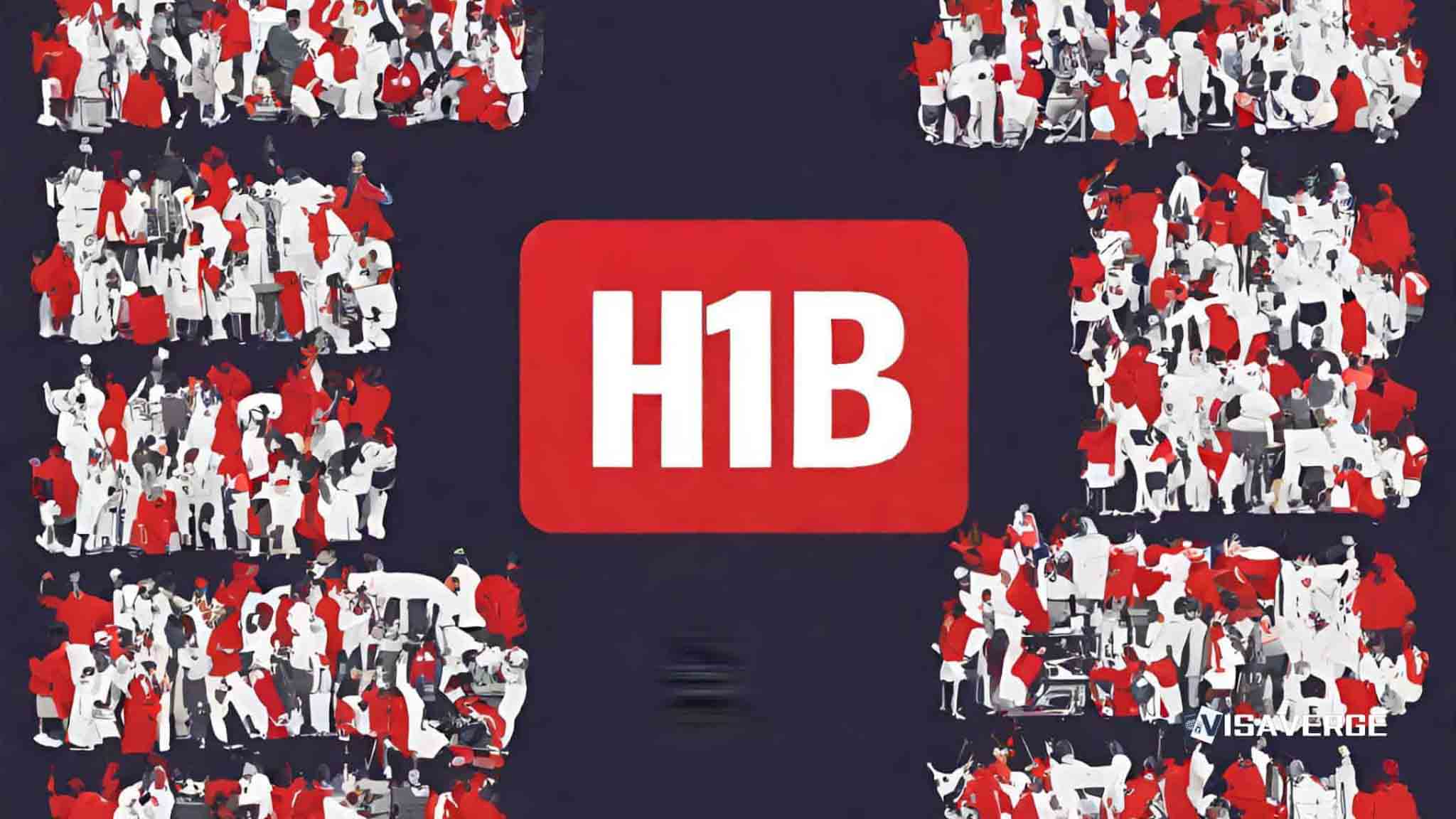Impact of a Salary Cut on Your Employment-Based Green Card Application
Navigating the complexities of immigration procedures can be challenging, especially when unexpected changes occur in your employment situation. A common concern for those in the process of getting an employment-based green card is the effect of a salary decrease on their application, particularly when the I-140 petition is pending.
Understanding the I-140 Petition
The I-140 form, officially titled the “Immigrant Petition for Alien Workers,” is a crucial step in the employment-based green card application process. It is submitted by your employer to the United States Citizenship and Immigration Services (USCIS) to demonstrate that you are eligible for an employment-based visa category and that your employer can pay the offered wage.
Will a Salary Cut Affect My I-140 Pending Application?
If you encounter a salary cut while your I-140 is pending, it may trigger concerns about your application’s outcome. The primary factor USCIS considers is whether the salary cut reflects a significant change in the terms of your employment from what was described in the labor certification and the I-140 petition.
Here’s what you should know:
- The prevailing wage set forth in your labor certification establishes the minimum salary for your position. If your new salary falls below this threshold, your employer might need to address this disparity.
- USCIS assesses whether the job offer detailed in the I-140 petition remains valid, which includes the offered wage. A substantial reduction in salary might suggest that the original job offer has changed.
- Consistency is key. If there are discrepancies between the information in your labor certification, I-140 petition, and your actual employment terms, USCIS may scrutinize your application more closely.
Steps to Mitigate the Impact of a Salary Cut
If your salary has been cut while your I-140 is pending, take these proactive measures:
- Communicate with Your Employer: Discuss the implications of the salary cut and the possibility of maintaining your salary until the I-140 process is completed.
- Amend Your Application if Necessary: If the job duties or terms have significantly changed, it may be necessary to file a new labor certification and I-140 petition.
- Consult with an Immigration Attorney: Seek professional advice to understand the potential impacts of the salary cut on your green card application and explore your options.
Best Practices for a Smooth Employment-Based Green Card Application
- Maintain Documentation: Keep thorough records of your employment terms, including your job duties and salary.
- Stay Informed: Keep up to date with USCIS policies and procedures by visiting their official website.
- Prepare for Contingencies: Understand the implications of changes in your employment situation and how they could affect your application.
In conclusion, while a salary cut during the pendency of your I-140 application can be a cause for concern, it does not automatically mean that your application will be denied. It’s crucial to understand how such changes can be perceived by USCIS and what steps you can take to address the situation. It’s always best to consult with an immigration attorney who can provide tailored guidance based on your specific circumstances. Remember, maintaining open communication with your employer and being proactive about your application can help ensure a favorable outcome.
In a nutshell, a salary cut during your I-140 application doesn’t spell disaster, but it’s essential to tread carefully. USCIS evaluates if the change is significant and consistent with your original employment terms. Stay on top of things, communicate with your employer, and consult an immigration attorney to explore your options. And hey, if you’re hungry for more visa-related tips, head over to visaverge.com for a deep dive into the fascinating world of immigration!
FAQ’s to know:
FAQ 1: Will a salary cut affect the outcome of my pending I-140 application?
Answer: While a salary cut during the pendency of your I-140 application can be a cause for concern, it does not automatically mean that your application will be denied. The USCIS will assess whether the salary cut reflects a significant change in the terms of your employment mentioned in the labor certification and the I-140 petition. It is essential to maintain consistency between the information in your documents to avoid scrutiny.
FAQ 2: How can I mitigate the impact of a salary cut on my I-140 application?
Answer: If your salary has been cut while your I-140 is pending, there are proactive measures you can take. First, communicate with your employer to discuss the implications of the salary cut and the possibility of maintaining your salary until the I-140 process is completed. If significant changes have occurred to your job duties or terms, it may be necessary to file a new labor certification and I-140 petition. Lastly, consult with an immigration attorney to understand the potential impacts of the salary cut on your green card application and explore your options.
FAQ 3: What are the best practices for a smooth employment-based green card application?
Answer: To ensure a smooth employment-based green card application, it is important to maintain documentation of your employment terms, including job duties and salary. Staying informed about USCIS policies and procedures by visiting their official website is also crucial. Additionally, it is essential to prepare for contingencies and understand how changes in your employment situation could affect your application. By following these best practices, you can enhance your chances of a favorable outcome for your green card application.
What did you learn? Answer below to know:
- True or False: A salary cut during the pendency of the I-140 petition can automatically lead to the denial of an employment-based green card application.
- What is the primary factor USCIS considers when evaluating the impact of a salary cut on an I-140 pending application?
- What are the recommended steps to mitigate the impact of a salary cut on an employment-based green card application? (Short answer)














